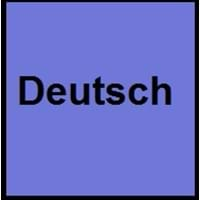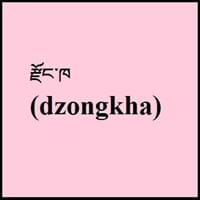German vs Dzongkha
- One of the large group of Indo-Germanic languages is German.
- The second most popular Germanic language spoken today behind English is German language.
- Standard romanization of the Dzongkha language is Roman Dzongkha.
German and Dzongkha Language History
Comparison of German vs Dzongkha language history gives us differences between origin of German and Dzongkha language. History of German language states that this language originated in 6th Century AD whereas history of Dzongkha language states that this language originated in 17th Century. Family of the language also forms a part of history of that language. More on language families of these languages can be found out on German and Dzongkha Language History.
German and Dzongkha Greetings
People around the world use different languages to interact with each other. Even if we cannot communicate fluently in any language, it will always be beneficial to know about some of the common greetings or phrases from that language. This is where German and Dzongkha greetings helps you to understand basic phrases in German and Dzongkha language. German word for "Hello" is hallo or Dzongkha word for "Thank You" is Kaadinchhey La. Find more of such common German Greetings and Dzongkha Greetings. These greetings will help you to be more confident when conversing with natives that speak these languages.
German vs Dzongkha Difficulty
The German vs Dzongkha difficulty level basically depends on the number of German Alphabets and Dzongkha Alphabets. Also the number of vowels and consonants in the language plays an important role in deciding the difficulty level of that language. The important points to be considered when we compare German and Dzongkha are the origin, speaking countries, language family, different greetings, speaking population of these languages. Want to know in German and Dzongkha, which language is harder to learn? Time required to learn German is 30 weeks while to learn Dzongkha time required is Not Available.





